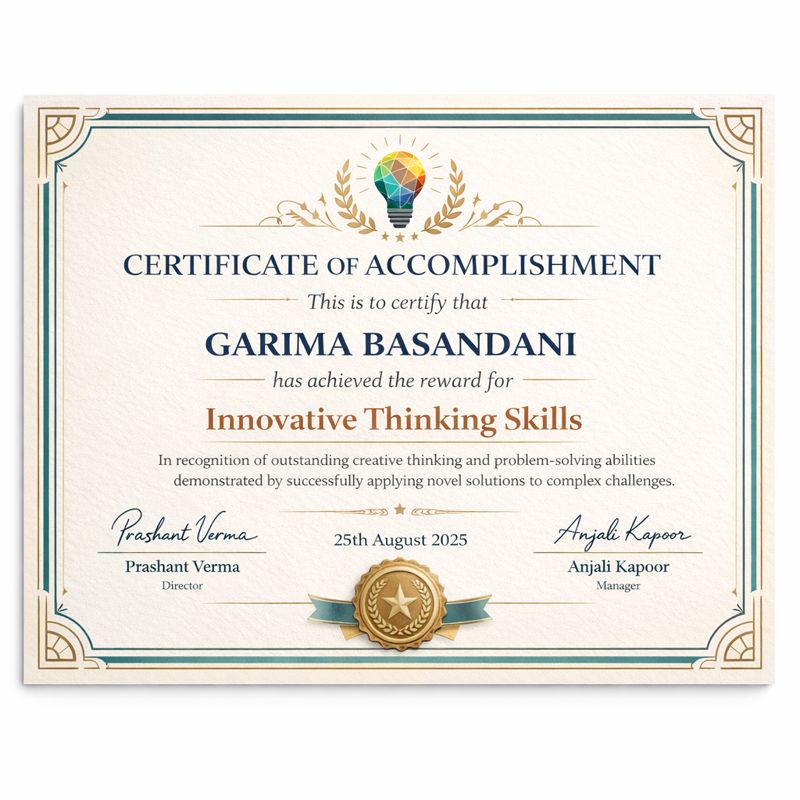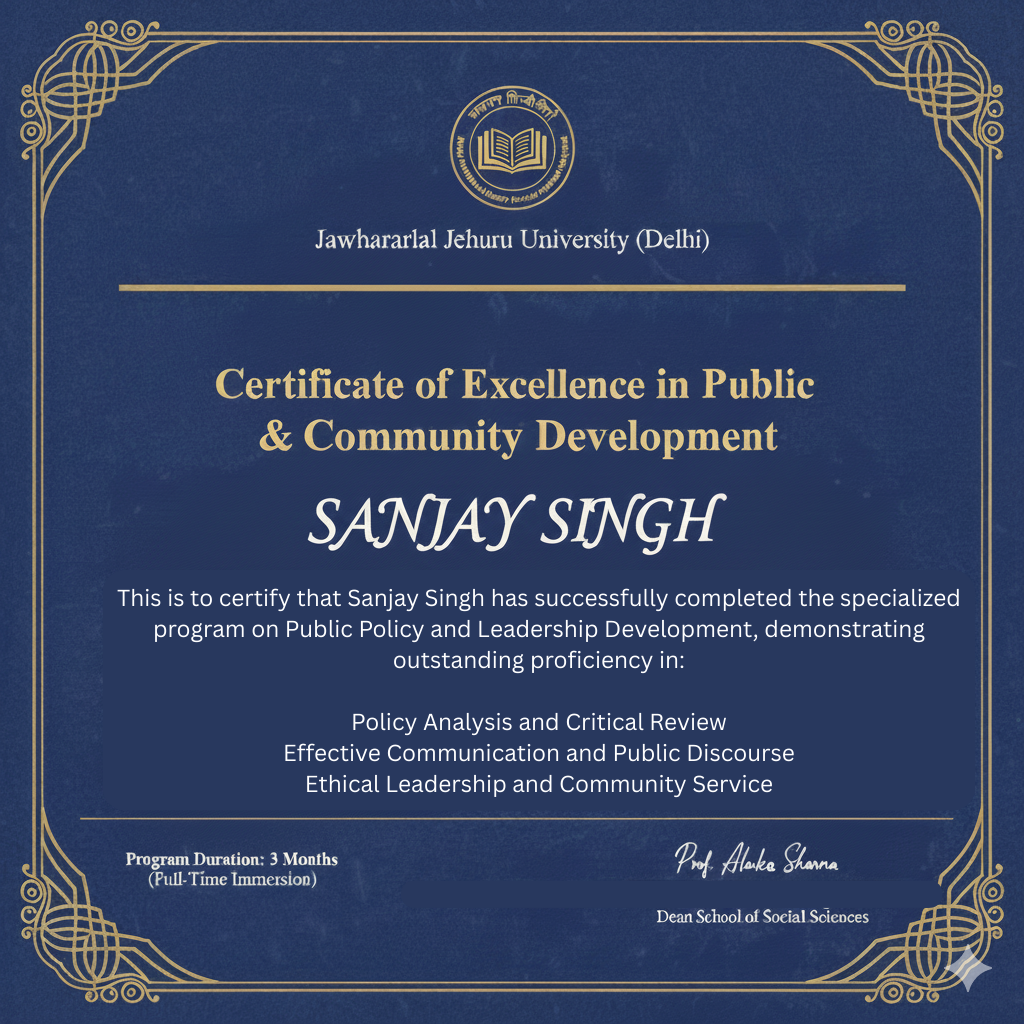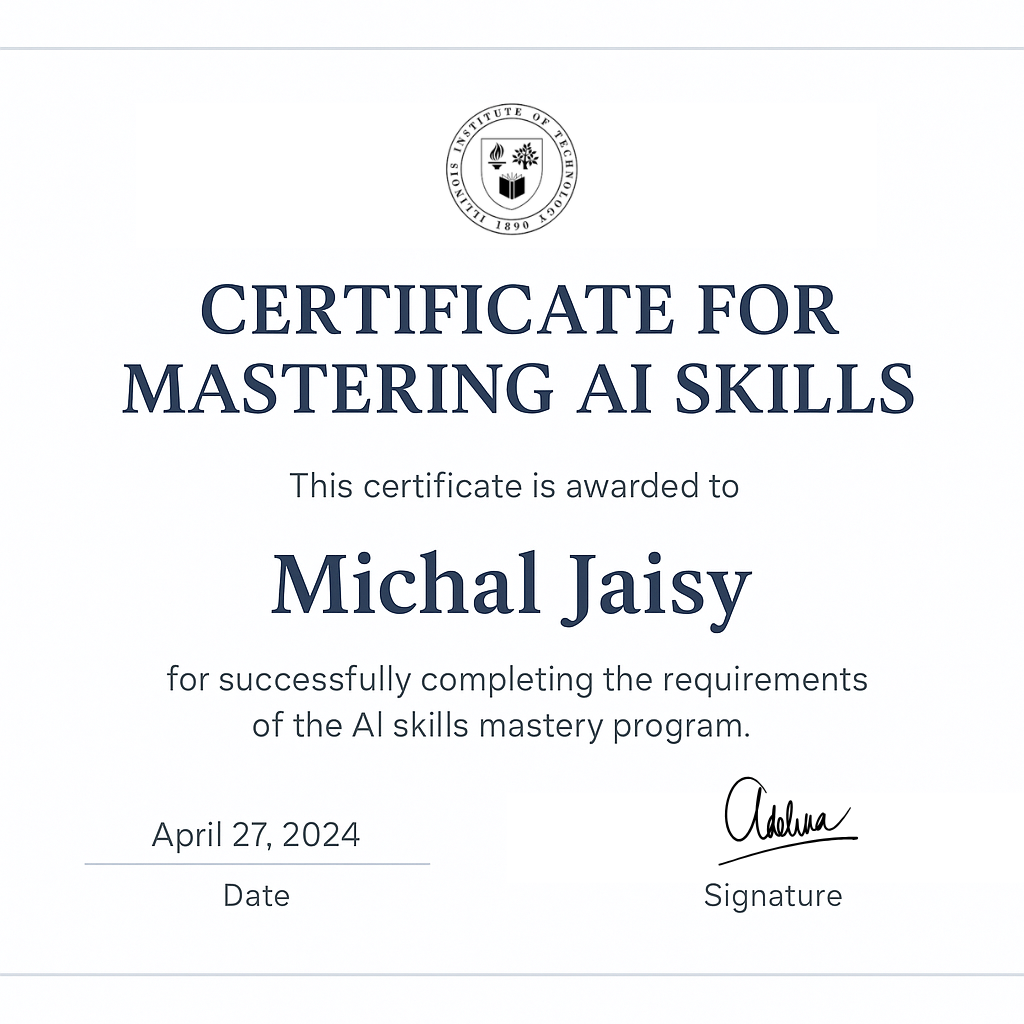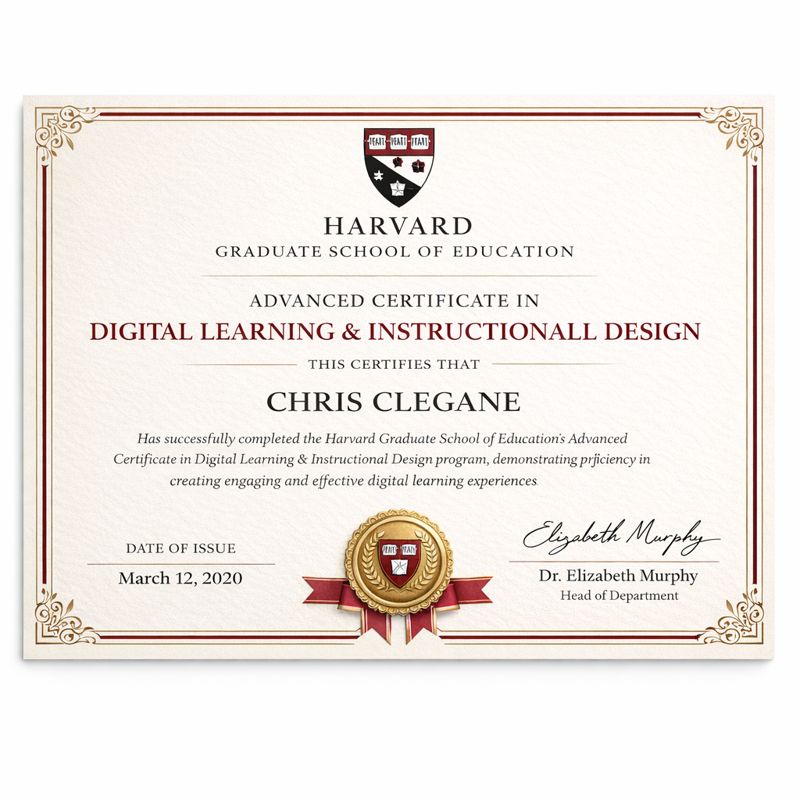- Home
- Solutions
- Join Community
- Methodology
-
Pricing
- More
Community
Data Not Found
Data Not Found
 Michal Jaxy
Michal Jaxy
How do you break down complex problems into manageable parts?

 Zeisky Mark
Zeisky Mark
When I see students struggling with a complex problem, I remind them that it’s like eating a big meal; you don’t swallow it whole; you take small bites. The first step is to identify the core issue, then split it into smaller, clear steps that can be solved one at a time.
YMetaconnect makes this easier with its Review–Action–Reflection cycle and the Goal-Setting Dashboard, which guide learners to organize tasks, act on them, and reflect on progress.
 Arvind Shekhawat
Arvind Shekhawat
How do you distinguish between knowing something and really applying it?
 Nikhil Agrawal
Nikhil Agrawal
Knowing something means you can recall it, but applying it means you can use it to solve problems in real situations. I often tell learners, if you can teach it, test it, and use it beyond textbooks, that’s true understanding.
Try linking concepts to real-world examples or practicing them in new contexts. That’s when knowledge transforms into a usable skill. Reflection is equally important; ask yourself how you used that knowledge and what changed after applying it. This habit builds confidence and makes learning stick for the long term.
 Rahul Kansal
Rahul Kansal
How does your mindset change when you face a subject you dislike?
 Alex Jaxy
Alex Jaxy
When I face a subject I dislike, I usually feel frustrated or avoid it at first. But I’ve learned that breaking it into small, manageable parts makes it less overwhelming. I try to connect it to real-life examples or my interests, which makes it more engaging and easier to tackle. Slowly, the subject stops feeling like a burden and starts making sense.
 Katy Jane
Katy Jane
What’s your go-to method for balancing revision with learning new topics?
 Alexander Isak
Alexander Isak
I usually divide my study time into two parts, one for new topics and one for revision. For example, I spend the first half learning something new and the second half reviewing old material. That way, I don’t forget what I’ve already studied while still making progress with new content.
 Jenny cyrus
Jenny cyrus
When you get stuck on a concept, do you usually revisit class notes, watch videos, or ask peers for help?
 Abhishek Panwar
Abhishek Panwar
Honestly, it depends on how tough the concept is. First, I try to go back to my notes to see if I missed something. If that doesn’t help, I search for short videos to get a fresh explanation.
When I’m still confused, I ask friends or peers because discussing it often gives me a different perspective that clears things up.
 Vidisha Robert
Vidisha Robert
How do you track your daily progress so that you don’t lose motivation over time?

 Rahul Mehta
Rahul Mehta
As a learner, I usually set small goals for the day, like finishing a set number of questions or reviewing one chapter. I track them using a simple checklist or an app, so I can see what I’ve completed. Even ticking off small tasks keeps me motivated because I feel like I’m moving forward step by step.
 Rahul saini
Rahul saini
When facing tough topics, do you prefer breaking them into small chunks or tackling them in one focused session?
 Chaitanya Srivastava
Chaitanya Srivastava
I usually break tough topics into smaller chunks because it feels less overwhelming and easier to digest. For example, I’ll study one sub-topic, then test myself before moving on.
But if I’m in a really focused mood, I prefer tackling the whole topic in one go, it helps me see the bigger picture. Honestly, I switch between both methods depending on my energy and time.
 Michal Jaxy
Michal Jaxy
What tricks do you use to stay consistent with your learning schedule, especially on low-energy days?
 Mohammad Bilal
Mohammad Bilal
On low-energy days, I don’t push myself too hard, I set a smaller target, like revising just one topic or solving a few questions. That way, I keep the momentum going without burning out.
I also use a checklist so even a small win feels rewarding. Sometimes, just starting with a 10-minute review boosts my focus and I end up doing more than expected.
 Garima Basandani
Garima Basandani
What strategies work best for reducing screen fatigue while learning online?
 Zeisky Mark
Zeisky Mark
The most effective strategy is structured screen time. I advise learners to follow the 20-5 rule: after 20 minutes of screen-based study, take a 5-minute off-screen break to stretch, walk, or rest your eyes.
Another method is to diversify your learning modes. Instead of watching long videos, switch between reading printed notes, listening to audio resources, or practicing with pen and paper.
YMetaconnect’s design also encourages reflective journaling and offline activities, which naturally break screen monotony. The key is variety, don’t let your learning be confined to just one format.
 Rahul Kansal
Rahul Kansal
Do you feel peer discussions help you look at problems differently, or do you prefer independent study?

 Ahmed Al Harthy
Ahmed Al Harthy
Both have their place, but peer discussions often unlock perspectives you may not consider on your own. When students share their thought process, it challenges your assumptions and exposes you to alternative solutions.
However, I recommend combining the two: study independently first to build your foundation, then join peer discussions to test and expand your understanding. In fact, learners who engage in this “dual approach” usually perform better because they balance personal focus with collaborative insight.
 Garima Basandani
Garima Basandani
 Sanjay Singh
Sanjay Singh
 Priyanka Uppal
Priyanka Uppal
Data Not Found


 Learner
Learner Mentor
Mentor Organisation
Organisation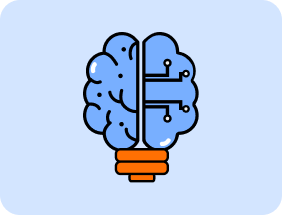
 Learner
Learner Mentor
Mentor Organisation
Organisation



 Comment
Comment

